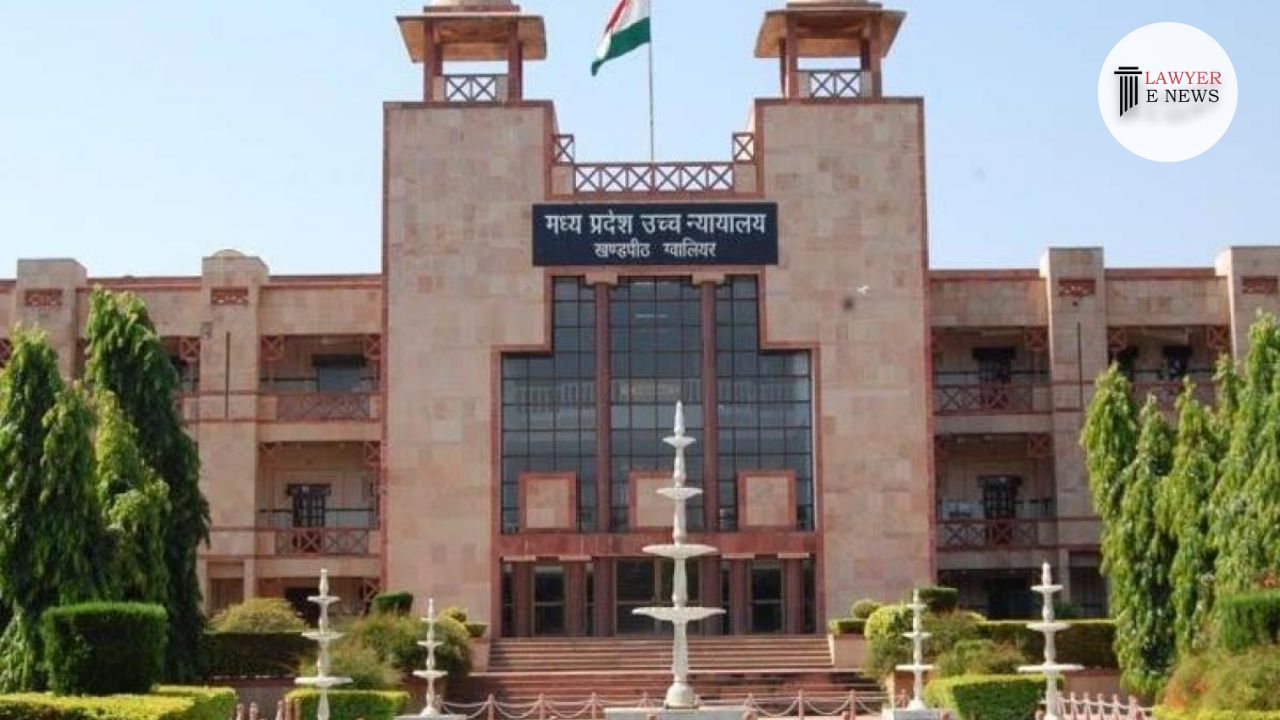-
by Admin
15 February 2026 5:35 AM



MP High Court emphasizes the need for direct or proximate cause linking accused’s actions to suicide; abuse of legal process found in continuance of proceedings.
In a significant judgment, the High Court of Madhya Pradesh has quashed the FIR and charge-sheet against Beenu Lodhi and her parents in a case alleging abetment of suicide. The court, led by Justice Gurpal Singh Ahluwalia, ruled that the lodging of an FIR for cruelty under Section 498-A IPC by the deceased’s wife does not amount to abetment to suicide under Section 306 IPC. The judgment highlights the necessity of a positive act of instigation or aid to establish abetment, which was absent in this case.
The case originated from a complaint filed by Beenu Lodhi against her husband Manish Lodhi and his parents, alleging cruelty under Sections 498-A, 406, 294, 506 IPC, and Sections 3 and 4 of the Dowry Prohibition Act. Following this complaint, Manish Lodhi committed suicide, and his father lodged an FIR alleging that the false case filed by Beenu drove Manish to suicide. The police subsequently registered a case against Beenu and her parents under Sections 306 and 34 IPC.
Role of Accused in Abetment of Suicide: The court meticulously examined the concept of abetment under Section 107 IPC, which requires instigation, conspiracy, or intentional aid. It reiterated that mere lodging of an FIR for cruelty without intent to incite suicide does not fulfill the criteria for abetment.
Credibility and Legal Reasoning: Justice Ahluwalia observed that the act of lodging an FIR, which is a legal recourse, cannot be construed as an act of instigation. The court highlighted, “Lodging of an FIR by a married woman for cruelty and harassment within her legal rights cannot be said to abet the deceased to commit suicide. There must be a clear mens rea and a direct act leading to the suicide.”
Precedents and Legal Analysis: The judgment extensively referred to several Supreme Court rulings, including Chitresh Kumar Chopra v. State (Govt. of NCT of Delhi) and Gangula Mohan Reddy v. State of Andhra Pradesh, which delineate the requirements for establishing abetment of suicide. The court emphasized the absence of any instigatory or aiding act by the applicants that could have led Manish Lodhi to commit suicide.
Justice Ahluwalia remarked, “By lodging the FIR, the applicants had not committed any illegal act. If a person is hypersensitive and decides to put an end to his life, such an act cannot be attributed to abetment by those exercising their legal rights.”
The High Court’s dismissal of the FIR and charge-sheet against Beenu Lodhi and her parents underscores the judiciary’s nuanced understanding of abetment in the context of suicide. By affirming that the lodging of an FIR for cruelty does not constitute abetment, the judgment sets a crucial precedent for future cases involving similar allegations. This decision reaffirms the legal framework protecting individuals exercising their right to seek legal redress without being wrongfully implicated in serious charges like abetment to suicide.
Date of Decision: 28th May, 2024
Beenu Lodhi & Ors. Vs. The State of Madhya Pradesh & Anr.
